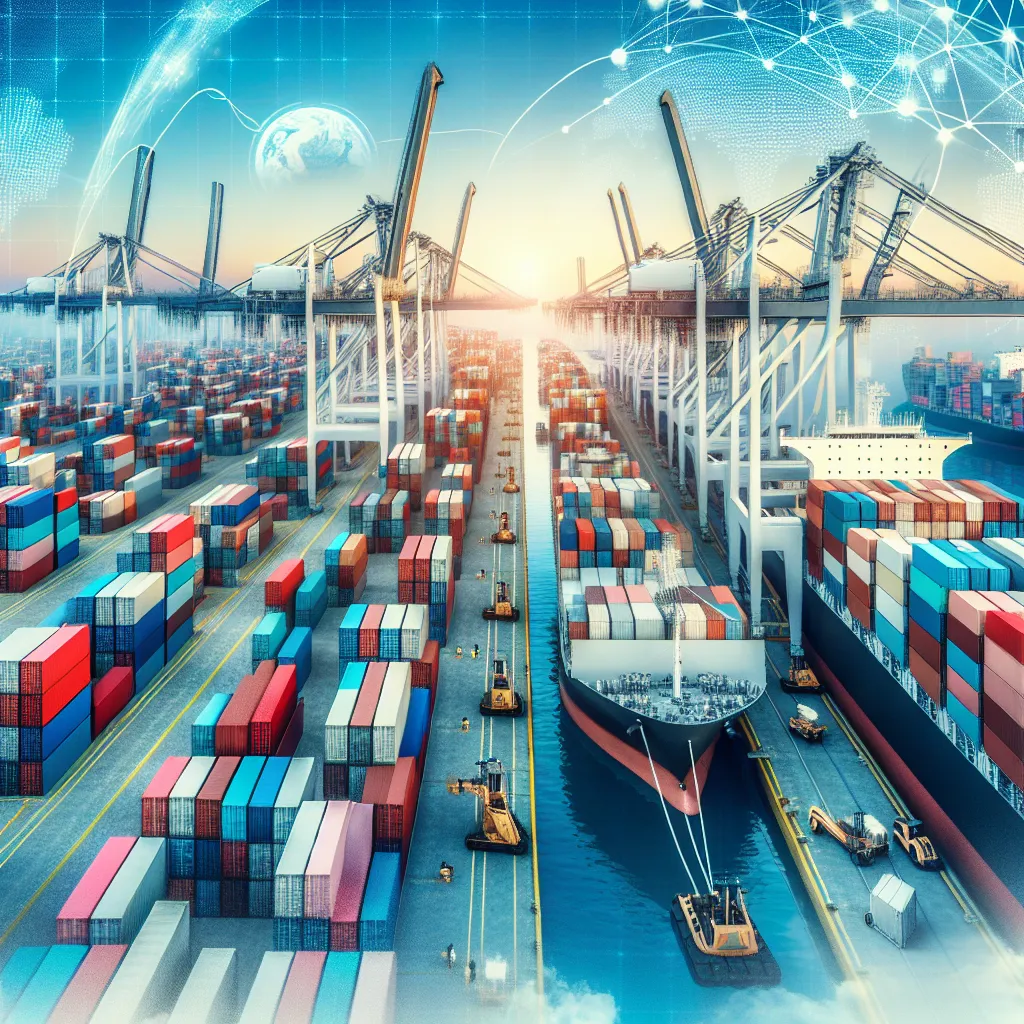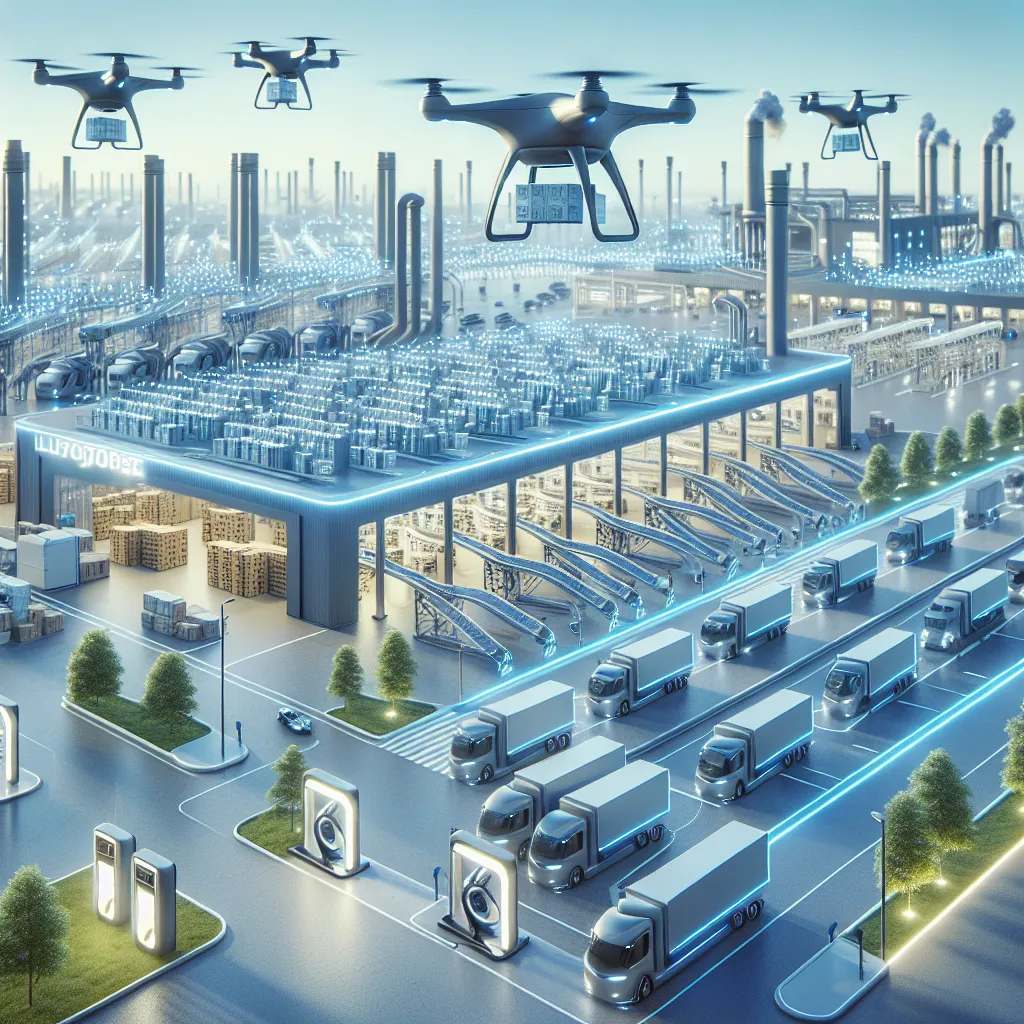Increasing Global Trade and Complex Supply Chains: The Impact on Freight Forwarding Operations
One of the key challenges in freight forwarding operations is the increasing global trade and the complexity of supply chains. The rapid growth of global trade has led to an upsurge in the volume of goods being transported across borders, posing a significant challenge for freight forwarders. The intricate nature of modern supply chains, with multiple stakeholders and intricate logistics, has added to the complexity of the freight forwarding process.
As global trade continues to expand, freight forwarders are confronted with the daunting task of managing diverse routes, modes of transportation, and regulatory requirements. The need to navigate through variations in customs regulations, documentation, and compliance standards across different countries adds a layer of complexity to the freight forwarding operations. This increased complexity demands enhanced logistical capabilities, strategic partnerships, and advanced technology to ensure seamless operations.
Furthermore, the dynamic nature of global trade agreements and geopolitical factors introduces an additional layer of uncertainty for freight forwarders. Fluctuating tariffs, trade restrictions, and geopolitical tensions can disrupt established trade routes and impact the efficiency of freight forwarding operations. Adaptability and agility are becoming increasingly crucial for freight forwarders to mitigate the impact of these external factors on their operations.
In response to these challenges, freight forwarders are embracing digital transformation, leveraging data analytics, and investing in advanced supply chain management tools to streamline their operations. Collaboration with technology providers and fostering strategic relationships with global partners are vital for navigating the complexities of modern supply chains and meeting the evolving demands of global trade.
In conclusion, the increasing global trade and complexity of supply chains present significant challenges for freight forwarding operations. Adapting to these challenges requires a combination of technological innovation, strategic partnerships, and a deep understanding of the intricate global trade landscape.
Technology Integration and Automation in Freight Forwarding: Addressing Operational Challenges
Technology integration and automation play a crucial role in addressing operational challenges in freight forwarding. As the industry continues to grow and evolve, freight forwarders face key challenges that can be effectively tackled through the adoption of advanced technology and automation solutions.
One of the major operational challenges in freight forwarding is the need for improved efficiency and accuracy in managing a large volume of shipping data. Integrating advanced software systems that utilize data analytics and machine learning can significantly enhance the accuracy of forecasting, planning, and decision-making processes. Automated data entry and processing also reduce the likelihood of human error, thus improving overall operational efficiency.
Furthermore, real-time tracking and visibility have become essential requirements for shippers and consignees. Implementing integrated tracking systems with GPS and RFID technologies enables freight forwarders to provide accurate, up-to-date information on the location and condition of shipments. This not only improves customer satisfaction but also allows for proactive problem-solving in the event of delays or disruptions.
In addition, the increasing complexity of international trade regulations and compliance standards presents a significant challenge for freight forwarders. By integrating regulatory compliance software and automation tools, forwarders can ensure adherence to complex customs procedures, trade regulations, and documentation requirements. This not only mitigates the risk of non-compliance penalties but also streamlines the movement of goods across borders.
Moreover, the seamless integration of various systems and platforms through application programming interfaces (APIs) is vital for enhancing connectivity and communication within the supply chain. By integrating with carriers, customs authorities, and other relevant stakeholders, freight forwarders can automate and streamline processes such as booking, documentation, and customs clearance, leading to faster and more efficient operations.
In conclusion, the integration of technology and automation in freight forwarding operations is essential for addressing key operational challenges. By embracing advanced software solutions, real-time tracking technologies, regulatory compliance tools, and seamless system integration, freight forwarders can overcome the complexities of modern logistics and deliver enhanced services to their customers.
Sustainable Logistics and the Future of Freight Forwarding: Balancing Economic and Environmental Pressures
One of the key challenges in freight forwarding operations today is the need to balance economic pressures with environmental sustainability. As the world becomes more conscious of the impact of logistics and transportation on the environment, the future of freight forwarding relies on finding ways to reduce carbon emissions, minimize waste, and optimize resource usage while still meeting the growing demand for efficient freight services.
Sustainable logistics practices are quickly becoming a focal point for freight forwarders as they seek to align with global efforts to combat climate change and minimize their carbon footprint. This shift towards sustainability involves the implementation of eco-friendly initiatives such as route optimization to reduce fuel consumption, the use of alternative energy sources, and the adoption of greener technologies in freight operations.
Freight forwarders are also facing pressure from regulatory bodies and consumers to incorporate sustainable practices into their operations. This includes adhering to emission standards, reducing packaging waste, and investing in eco-friendly transportation modes. Balancing these economic and environmental pressures is crucial for the future success of freight forwarding, as companies strive to remain competitive while minimizing their impact on the planet.
In conclusion, the future of freight forwarding lies in the ability to harmonize economic demands with environmental responsibilities. Embracing sustainable logistics practices is no longer a choice but a necessity for freight forwarders looking to thrive in an increasingly environmentally conscious world.




